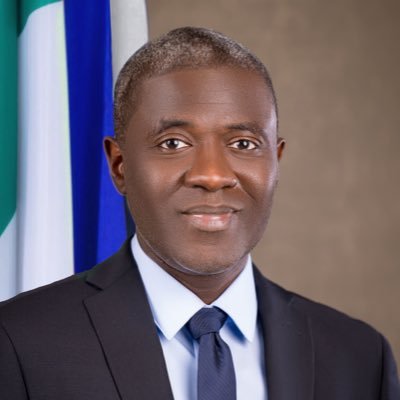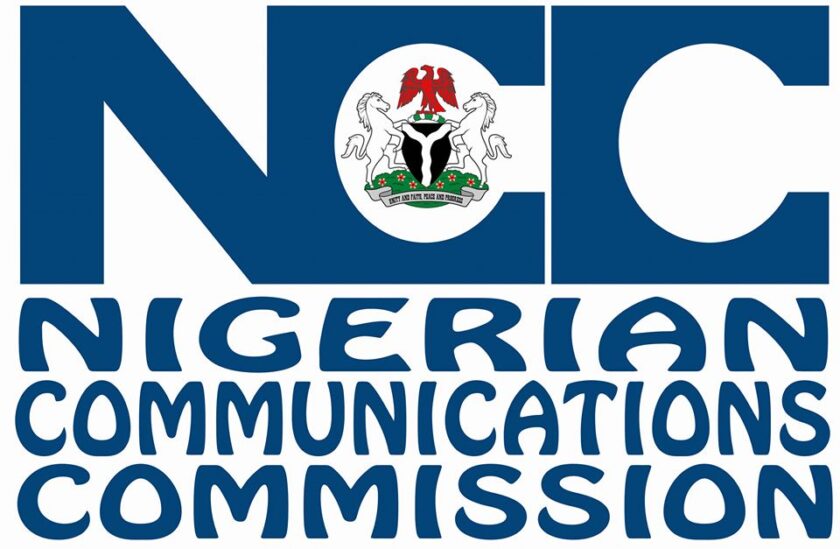The Executive Vice Chairman (EVC) of the Nigerian Communications Commission (NCC), Prof. Umar Garba Danbatta, has officially announced that the investment profile in Nigeria’s telecommunications sector, including foreign direct investment (FDI) and local investment, has reached $75.6 billion as of 2021.
During an interactive session with stakeholders in the communications media ecosystem held in Lagos, Prof. Danbatta highlighted key developments and achievements that have shaped the growth of the telecoms sector since he assumed the role of chief telecom regulator in August 2015.
According to Prof. Danbatta, the investment profile in the sector was $68 billion in 2018, which increased to $70.5 billion in 2019 and $72 billion in 2020. By the end of 2021, the figure had risen to $75,560,563,417.79 ($75.6 billion). This current figure represents the official investment profile in the industry, surpassing the initial $70 billion invested in recent years.
The computation of investment in Nigeria’s telecommunications sector is derived from two sources: the Central Bank of Nigeria (CBN) and financial data obtained from service providers by the Commission. The CBN calculates various elements of the telecoms sector, including FDI and portfolio investments, while the Commission collects investment figures from telecom licensees, which encompass domestic investments arising from capital expenditure (CAPEX) as part of the total industry investment.
Prof. Danbatta highlighted the remarkable growth of the telecom sector due to the effective regulatory environment established by the Commission. He noted that the sector’s investment profile had increased from an initial $500 million in 2001, when the sector was fully liberalized.
Furthermore, Prof. Danbatta emphasized the significant contribution of the telecoms sector to Nigeria’s economy, as demonstrated by its increasing share of the nation’s Gross Domestic Product (GDP). The sector’s quarterly contribution to GDP rose from about 8.5 percent in the third quarter of 2015 to a total of N10.126 trillion in 2022 alone.
Citing data from the National Bureau of Statistics (NBS), Prof. Danbatta highlighted the telecoms sector’s aggregate quarterly contributions to GDP in 2022, with values of N2.246 trillion in the first quarter, N2.593 trillion in the second quarter, N2.436 trillion in the third quarter, and N2.851 trillion in the fourth quarter.
The NCC CEO stated that the telecoms sector’s contribution to national GDP has shown significant growth since his assumption of the EVC role in August 2015, according to available data from the NBS. The sector’s contribution increased from 8.50 percent in 2015 to 9.13 percent in 2016, 8.66 percent in 2017, 9.85 percent in the last quarter of 2018, and 10.60 percent in the fourth quarter of 2019.
Prof. Danbatta also highlighted the growth of active voice and internet subscriptions, with active voice subscriptions reaching 221.3 million and internet subscriptions reaching 159.6 million as of May 2023. Broadband subscriptions on 3G and 4G networks increased to 92.2 million, representing a 48.28 percent broadband penetration in the country.
Furthermore, with the issuance of 3.5GHz spectrum licenses for the deployment of 5G networks in Nigeria and subsequent commercial launches, 5G subscriptions have grown to over 60,000 in multiple cities across at least 12 states.
Danbatta assured of the Commission’s commitment to always give concrete expression to the Federal Government Executive Order 001 focused on Ease of Doing Business and other digital economy-oriented policies, by embarking on various regulatory initiatives that support a friendly investment climate for investors in Nigeria and enhance value for money for telecom consumers.
The EVC particularly commended the media as a strategic partner and enabler of growth in the telecom sector “through accurate, adequate and timely reporting of all regulatory activities of the Commission.”




